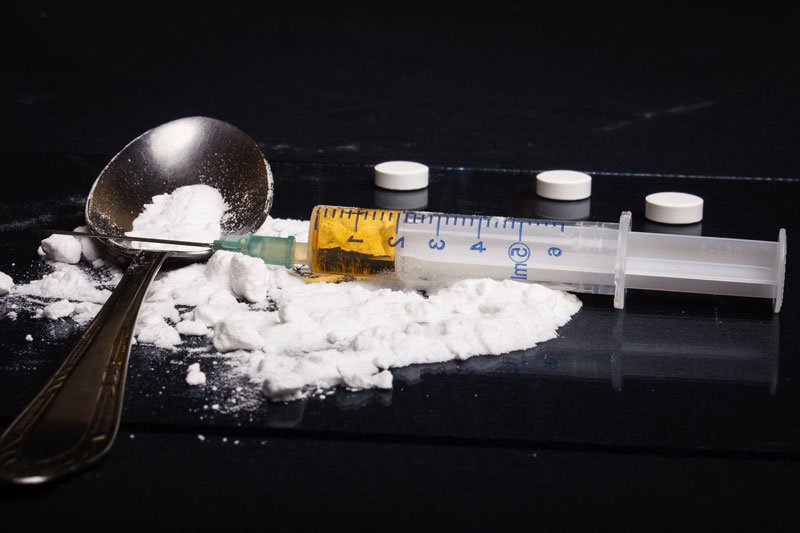According to a recent study conducted by the University of Pittsburgh, Medicaid patients in Pennsylvania who overdosed on heroin were actually more likely to be prescribed opioids at higher rates.
The study took under consideration Pennsylvanian Medicaid claims from 2008 to 2013 for individuals aged 12 to 64 who had overdosed on heroin or a prescription opioid. In total, 6,013 cases were discovered, in which 2,068 individuals overdosed on heroin and 3,946 overdosed on prescription opioids.
Data taken from the Centers for Disease Control and Prevention (CDC) reveals that Medicaid patients are three times as more likely to be at risk for overdose of opioid than those who are insured privately.
About 59% of individuals who had an opioid overdose were prescribed opioids after their overdoes. Furthermore, 39.7% of individuals of who experienced a heroin overdose were prescribed the same.
“Our findings signal a relatively weak health system response to a potentially life-threatening event,” said Julie Donahue, Ph.D., author of the study. “However, they also point to opportunities for interventions that could prevent future overdoses in a particularly vulnerable population.”
Other methods to help individuals who may have overdosed include a complex combination of behavioral therapy and prescription drugs.
“Medication-assisted treatment includes coupling prescriptions for buprenorphine, methadone, or naltrexone—medications that can reduce opioid cravings—with behavioral therapy in an effort to treat the opioid use disorder,” the report states. “Such treatment increased modestly among the patients using heroin by 3.6 percentage points to 33 percent after the overdose, and by 1.6 percentage points to 15.1 percent for the prescription opioid overdose patients.”
Additionally, this treatment and more of these kind, can only be effective when the doctor of clinician is notified of the patient’s overdose so that they have proper knowledge of the patient’s conditions and the risks that come with prescribing even more opioids.
“When patients are seen for an overdose, it is a chance for the medical system to not only stabilize them, but engage patients in addiction treatment programs when needed and take steps to reduce the likelihood of another overdose,” said Donahue. “Based on our data, I do not believe this opportunity is being fully realized.”























